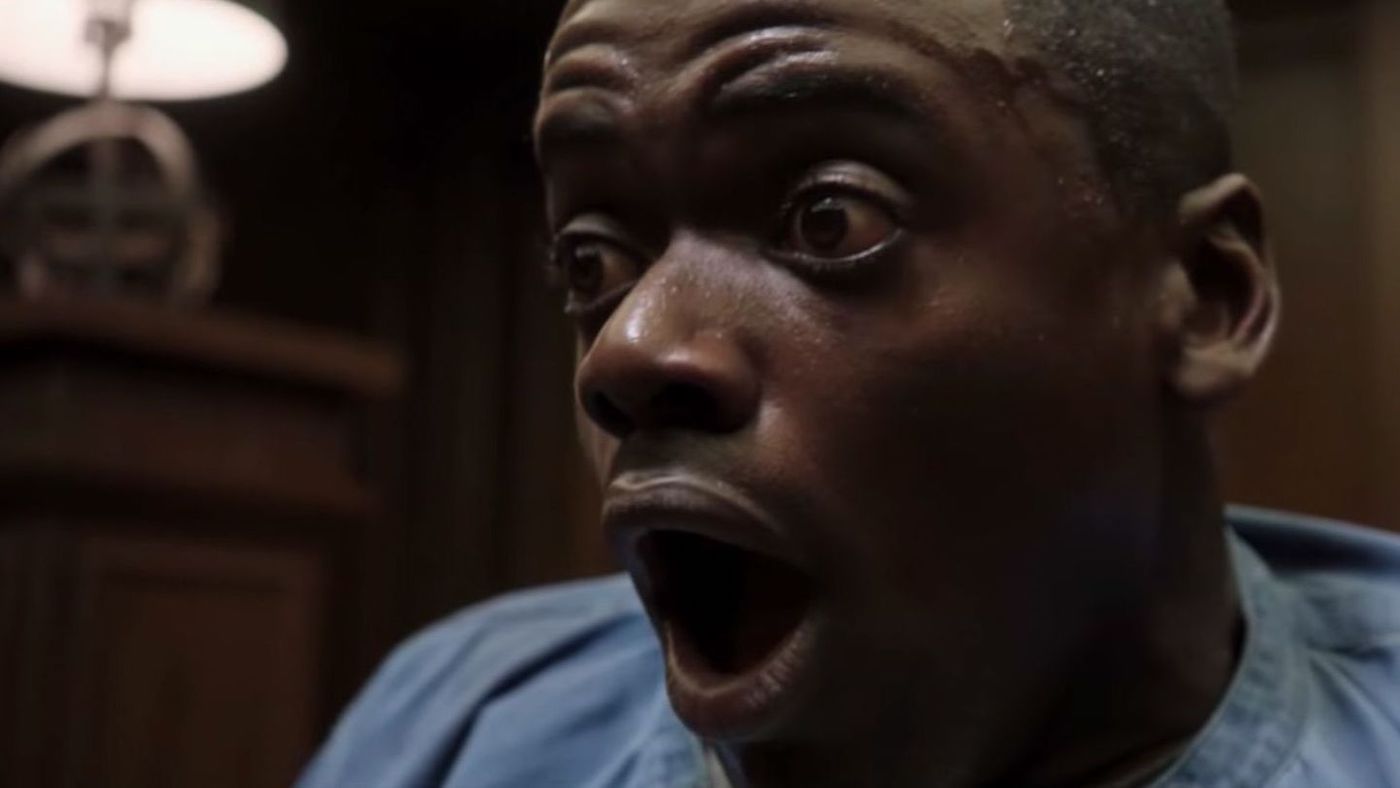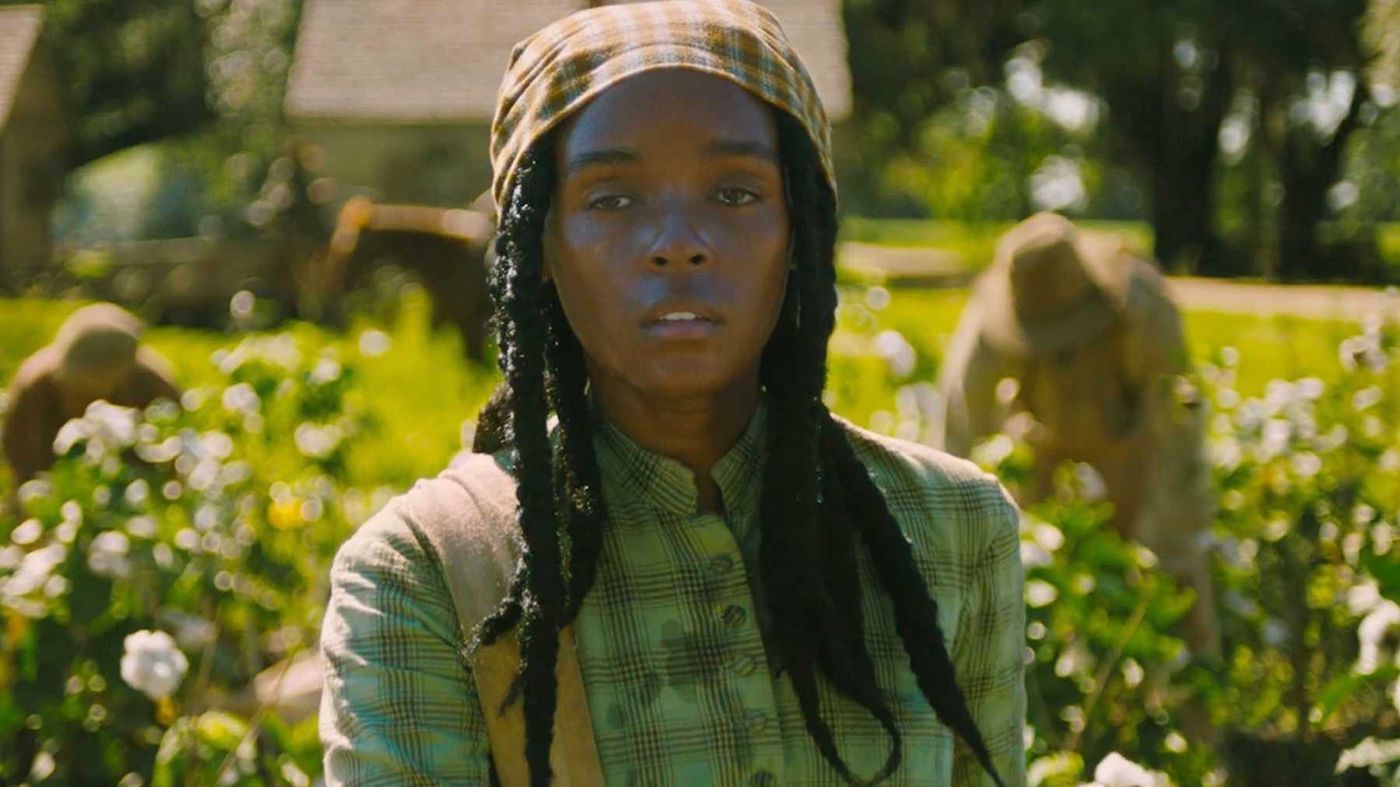How Get Out Inspired New Black Trauma Films
Representation on screen for marginalized communities has often been marred by stereotypes and tokenism, especially involving films that fit tightly into their respective genres. The horror genre has linked itself to problematic tropes since its creation. Films capture the collective fear of an audience by manifesting those fears into a being. George Romero’s Night of the Living Dead involves similar sensibilities to its horror narrative. The film dramatizes red-scared fears and lands on a denouement concerned with the state of the world birthed from those fears. Historically, those beings have been metaphors for marginalized communities or individuals equated to outsiders, not to mention the unique sub-genres of horror that these stories create. From monsters to psychological terror, to social commentary, and slashers, horror has inspired sub-genres that inform what a given society may find as a threat to their existence—the uncanny.
Get Out, a 2017 film written and directed by Jordan Peele, recontextualizes the position of one marginalized group in the horror genre by centering their story arc. The burgeoning of film as a medium positioned Black people as monsters, as aggressors to the often white status quo. This portrayal has deep roots in white supremacy (look to the Birth of a Nation as a pillar of this depiction of Black people) and has motivated the visual aesthetic and themes of the horror genre. Of course, this depiction waned and was replaced by Black characters becoming harmless, one-off, sidekicks, or tokens first to die. Horror films reached a plateau with their inclusion of Black characters as easy pickings. However, Get Out took this trope and turned it on its head. In response to Obama-era liberalism and the trope of tokenism in horror, the film explores the experience of being a Black person in seemingly progressive white spaces, noting that there’s an inherent horror in dealing with people who completely divorce themselves from their role in white supremacy. Get Out affirms Daniel Kaluuya’s character by making him the protagonist fighting against the monsters of the film. The film’s grammar then repositions itself to account for this perspective in horror that is often overlooked: the fears of Black people in circumstances that are governed by white people add a subtext to every scene of the film. The new point of view that Get Out introduced gave voice to the Black experience.

A landmark in its genre, Get Out forged a new path for horror films simply by undoing a trope. Many films with original premises have created sub-genres of their right, and Get Out is no different, creating a horror genre about Black trauma. Of course, the film inadvertently spawned many similar productions recounting the traumas experienced by the Black community, but with every great idea, a wealthy executive is waiting to exploit it to death. Many of the films found in the genre created by Get Out tend to have an exploitative angle. Rather than introducing new insight into the harmful nature of old tropes or providing catharsis to the people whose stories are meant to represent, films in this genre frequently entertain a larger white audience. Characters are robbed of agency at the mercy of grotesque violence, demeaning language, or reaffirmed stereotypes, all for the enjoyment of the audience.
Them, a horror anthology series following a black family who moves to Compton during the Second Great Migration, is an iteration of the genre’s failings that is often sickening to witness. In the hands of creators who inflict horrible circumstances upon Black characters without any semblance of nuance or character growth. A character who loses out the most in this series is Lucky (Deborah Ayorinde). She falls victim to abuse by the show's white characters at every turn. Before the family leaves for California, she is brutally raped and has to watch as her infant is murdered, only to be gaslit by her husband, Henry (Ashley Thomas), when the family arrives in California and is still discriminated against. The traumas hold up the foundations of the series; they’re so ingrained in the structure of the series that without them, the entire story would topple just as the story inevitably did when the conclusion of the season is the Emory family taking up arms against everyone else in their neighborhood. The only truth reached through the exploration of Them’s trauma is racism was bad during the Great Migration.
The missteps of the genre manifest in unclear intent. Many films that emulate Get Out’s success pull pieces from the puzzle without having a clear thesis statement. The films depict traumatic events with no clear movement forward. Antebellum, starring Janelle Monae teases a plot involving time travel and black characters escaping enslavement in its trailer, but the actual film is about modern-day racists capturing Black people to create an amusement park for enslavement. The former idea of the film displayed in the trailer offers much more agency and nuance than the story that unfolds. Films like Karen and Distant Strangers have similar stereotypical pitfalls that embody their stories, entrapping the black characters into situations of no return, no nuance, and criminally no entertainment value. The genre has devolved into empty yelling into an abyss of trauma.

Though the prospect of horror films about Black trauma looks bleak, there is still a need for films dealing with the subject matter. Get Out struck a chord with audiences of color, specifically because it explored Black trauma through horror and its insistence on nuanced interpretations of that experience. However, the downside of a film employing this delicate subject matter is the point being missed. It’s not the reliving of the trauma that guides Get Out, it's the overcoming. Many have deemed this genre to be irredeemable, but there may be hope if the films begin to understand the true audience that their stories should be meant for--the communities that those stories are based on. Instead of stamping out the genre this circumstance should be proof of a need for wider reaching narratives about Black characters in media.


التعليقات على الموضوع